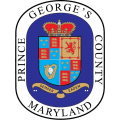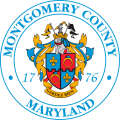For our 2024 rankings, the research team at Nursing Schools Almanac collected data on nearly 3,000 nursing schools and campuses throughout the United States. We evaluated each school on three dimensions:
Maryland
We've organized a comprehensive list of Maryland nursing schools. Below you'll find information on specific nursing programs such as LPN certificates and ADN, BSN, and MSN degrees. You'll also find a profile of nursing education and careers in each major Maryland city.
Maryland nursing programs and careers
In Prince George’s County, Maryland, nursing roles typically fall into one of the following three categories: certified nursing assistant (CNA), licensed practical nurse (LPN), and registered nurse (RN).
The first category, nursing assistants, operate largely under the supervision of LPNs and RNs. To become a nursing assistant, candidates complete a certification program lasting 8-10 weeks. This program is usually followed by a state-administered examination.
There are three primary types of nurses in Montgomery County, Maryland: certified nursing assistants (CNAs), licensed practical nurses (LPNs), and registered nurses (RNs).
Nursing assistants
Nursing assistants work under the supervision of LPNs and RNs. They need to complete a brief eight- to ten-week certification program in order to become a qualified healthcare professional. A state-administered examination follows this program.
Licensed practical nurses
Registered nursing (RN) to master of science in nursing (MSN) programs








